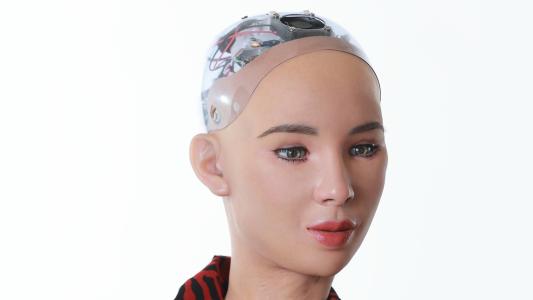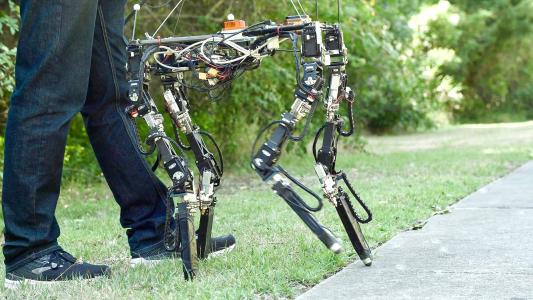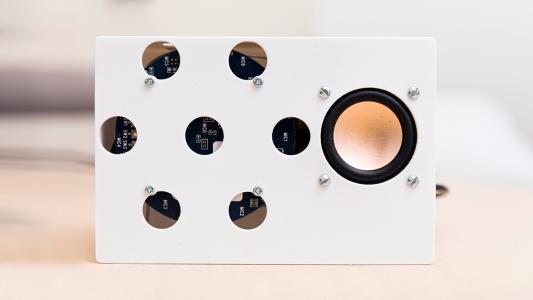AI
How artificial intelligence won the America’s cup
Emirates Team New Zealand designed one of the fastest America's Cup boats with the help of artificial intelligence.
Sophia the Robot joins NFT frenzy
Sophia the robot has created digital art that will be linked to an NFT and sold — making her the latest to join the art world’s current craze.
Quadruped robot can break a leg and keep going
Dyret is a shape-shifting quadruped robot that can change the length of its legs. This helps it walk across different terrains or account for any injuries.
MIT’s new AI can make holograms in real-time
MIT trained an AI to generate photorealistic holograms in milliseconds using just the processing power of a smartphone.
New AI turns a smart speaker into a heart rhythm monitor
University of Washington researchers have transformed a smart speaker into a contactless heart rhythm monitor.
NFL hopefuls train with sensor-free athlete tracking tech
Intel’s new athlete tracking platform, 3DAT, can deliver performance insights without the use of potentially cumbersome sensors.
How to deepfake your grandparents' old photos
A new deepfake tool called Deep Nostalgia generates brief animations of faces in still photographs, breathing life into people’s old family portraits.
Tom Cruise deepfake is the work of a pro VFX artist
The Tom Cruise deepfake featured in a series of TikToks that went viral was created by a professional VFX artist.
Futuristic city will be a testbed for robots & autonomous cars
Toyota has broken ground on Woven City, a futuristic city prototype where the technologies of tomorrow can be tested en masse.
Meet the chess AI you might actually beat
Maia is a chess AI designed to play like you, not crush you. Predicting the most human decisions may pave the way for AI to train and work with us.








